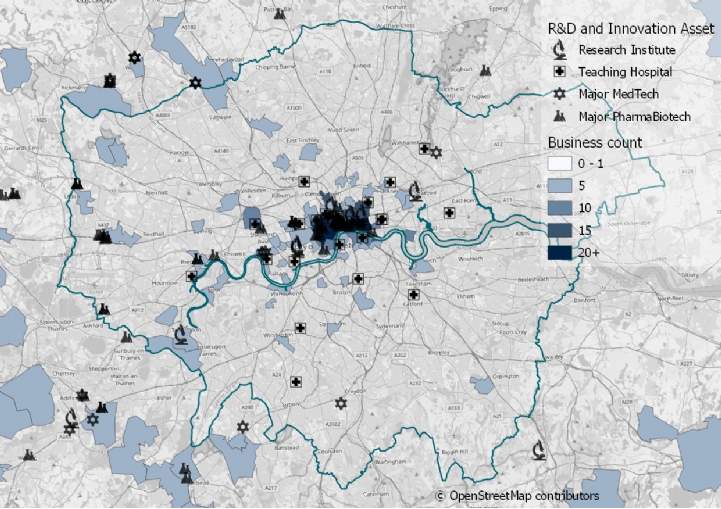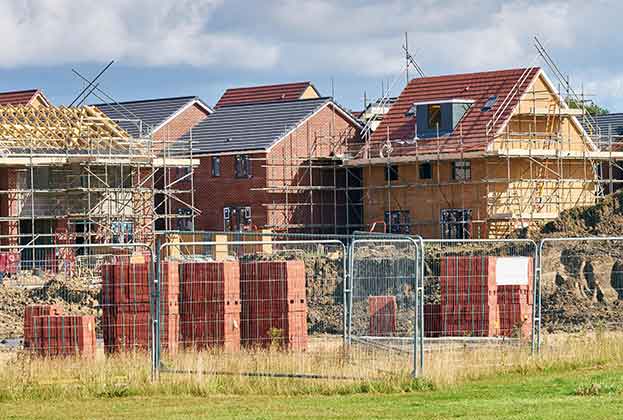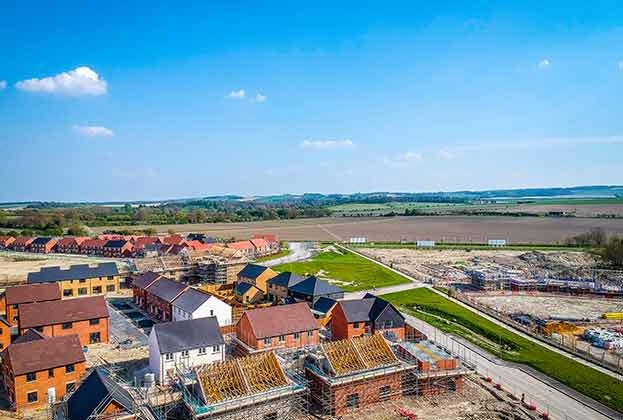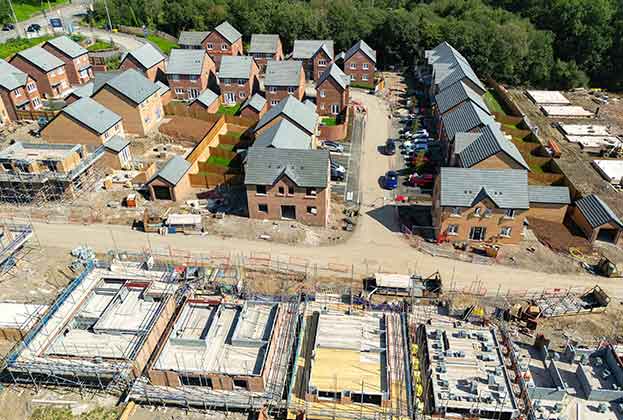We recently saw the introduction of the Levelling Up and Regeneration Bill to Parliament, part of the Government’s ambitious vision to fix regional inequality and drive economic growth.
As outlined in one of our earlier blogs, Levelling up everywhere: Research & Development, investment and growth in the Research & Development (R&D) sector has been identified as key to this policy programme, particularly outside the South East and the ‘Golden Triangle’ of London, Oxford and Cambridge. With an anticipated shift of focus for government funding away from the well-established knowledge hubs of the south-east, what does this mean for London’s R&D sector?
As a global city, London is already well advantaged, not only by virtue of its prominent R&D clusters, but also as the home of globally renowned universities and research institutes and its highly skilled labour pool. With world-class infrastructure, amenities and access to capital, London continues to be well equipped to attract R&D growth and support its highly productive economic ecosystem.
Investment in R&D outside the South East should not be seen to come at the expense of London. Nationwide growth in this sector will only benefit London’s clusters via improved critical mass, capability and knowledge sharing. In any case, continued support for R&D growth in the capital will be key to the Government’s vision for making the UK a leading global hub for life sciences.
However, in order to stay competitive, London must remain attractive and accessible. A key challenge faced by R&D companies in London is difficulty securing space. With demand for floorspace outpacing supply, the planning system is key to delivering appropriate premises, often purpose built, in the right places to meet the needs of existing and emerging businesses.
Access to talent is also important. London is already home to an excellent labour pool, but sufficient housing supply, particularly affordable housing, is essential in retaining it and attracting talent from around the globe.
Key to Levelling Up is narrowing the disparities between the country’s regions by improving employment and labour productivity and boosting public spending in R&D to leverage private sector investment. Meanwhile, London experiences significant disparities between its wealthiest boroughs and its poorest. R&D businesses are primarily clustered around central London, even though R&D and innovation anchors (research institutes, teaching hospitals and existing major MedTech/PharmaBiotech operations) can be found across the capital.
.jpg)




.jpg)


.jpg)

.jpg)
